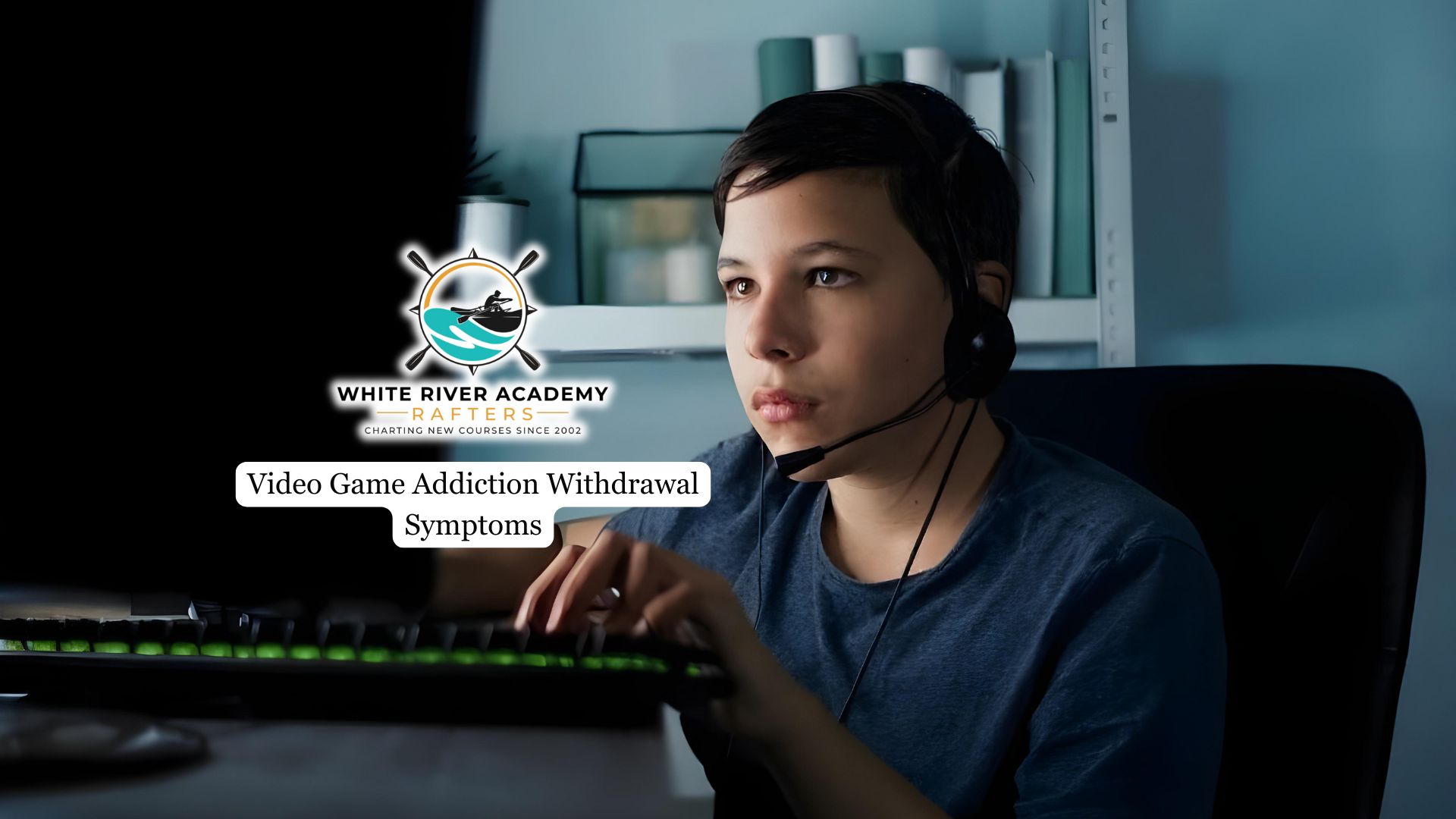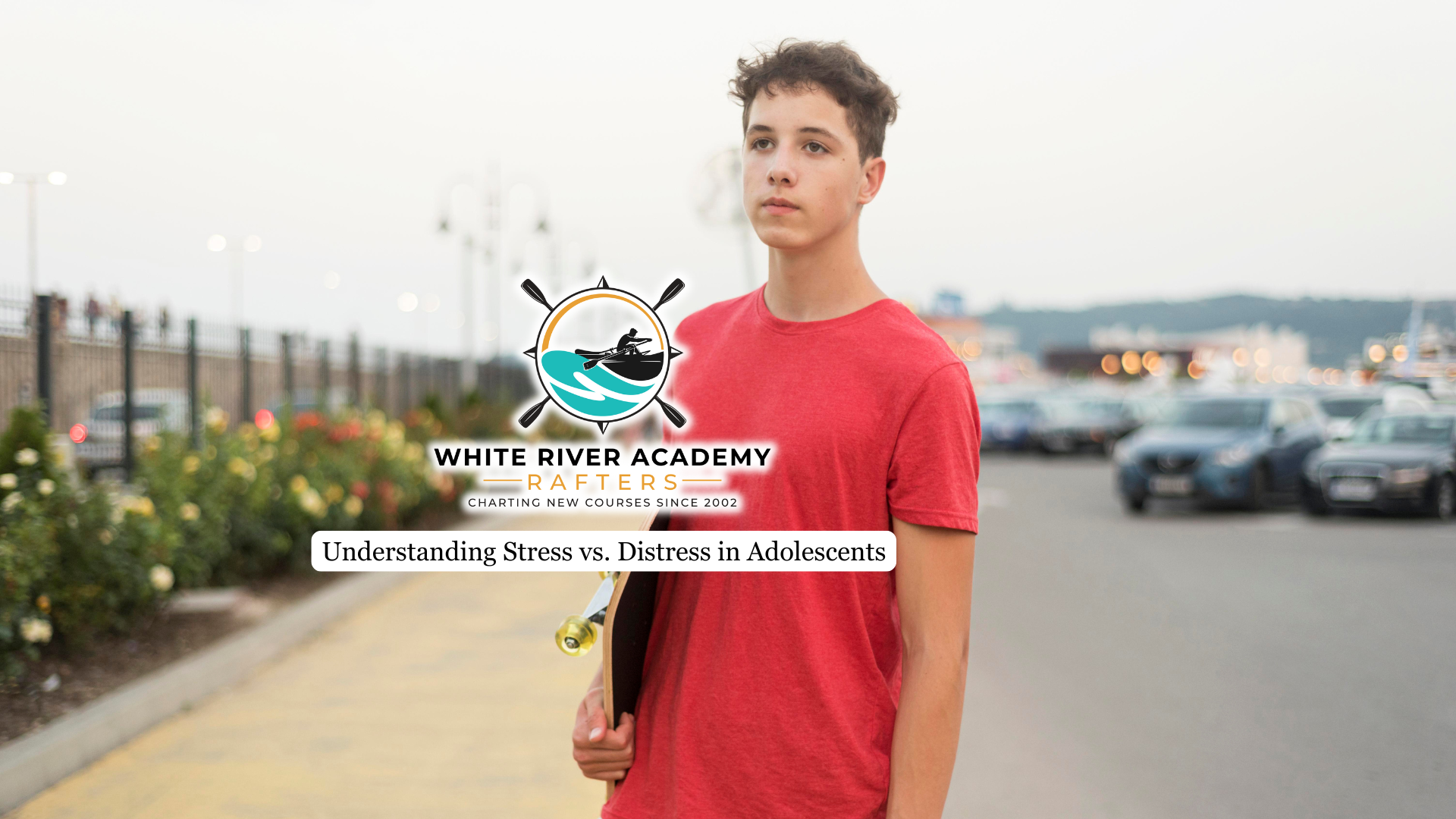Video game addiction is an increasingly recognized behavioral addiction that can seriously affect mental health, relationships, and daily functioning. Just like with substance use disorders, individuals struggling with video game addiction often experience withdrawal symptoms when they stop playing.
This article will highlight these symptoms as they’re vital for early recognition and effective treatment.
What Is Video Game Addiction?
Video game addiction occurs when gaming becomes compulsive and starts interfering with everyday life. This includes neglecting responsibilities, social isolation, and continued play despite negative consequences. The World Health Organization (WHO) officially recognizes gaming disorder as a mental health condition.
Video game addiction stems from the brain’s reward system. Gaming releases dopamine, reinforcing the behavior and encouraging repetition. Social connection, achievement, and escapism also contribute to the addictive cycle. Genetics, environment, and underlying mental health issues can increase vulnerability.
When someone tries to cut back or quit gaming, they may face a variety of withdrawal symptoms:
Irritability and Aggression
One of the most commonly reported withdrawal symptoms is heightened irritability. Many individuals find themselves feeling easily frustrated, impatient, or even angry over small issues during this period. This reaction is closely tied to the brain’s reduced dopamine levels, the neurotransmitter responsible for pleasure and reward.
Gaming triggers dopamine release, so when gaming stops suddenly, the brain experiences a “dopamine deficit,” leading to mood swings and agitation. This irritability can also extend into aggressive behaviors or conflicts with friends and family, which can strain relationships if not managed carefully.
Effective gaming addiction treatment programs for teen boys address these emotional and behavioral challenges by helping individuals develop healthier coping strategies and emotional regulation skills, reducing irritability and improving interpersonal relationships during recovery.
Intense Cravings
Cravings to play again can be incredibly strong and persistent, especially in the early days of withdrawal. These urges are driven by the brain’s learned association between gaming and pleasure, making the desire to return to gaming almost instinctual.
Such cravings can provoke obsessive thoughts and preoccupation with gaming, increasing the risk of relapse. The mental battle against these cravings often requires conscious effort, coping strategies, and sometimes professional support to maintain abstinence.
Anxiety and Depression
For many, video games serve as an emotional escape from real-life stressors or mental health struggles. When gaming is removed, underlying anxiety or depressive symptoms may become more apparent or worsen. The loss of this coping mechanism can leave individuals feeling vulnerable, overwhelmed, or emotionally empty.
Anxiety might manifest as restlessness, racing thoughts, or panic attacks, while depression can bring persistent sadness, low energy, and a lack of motivation. Addressing these emotional symptoms often requires therapeutic interventions alongside withdrawal management.
Boredom
Without the constant stimulation and engagement provided by video games, many people experience a profound sense of boredom and restlessness. Gaming often fills time and provides a structured form of entertainment and achievement, so its absence can leave a void.
This lack of purposeful activity may lead to feelings of emptiness or a struggle to find alternative hobbies and interests. Learning to manage boredom and discovering new, healthy activities is a crucial part of sustaining long-term recovery.

Physical Symptoms
Physical discomfort is another facet of video game withdrawal that should not be overlooked, especially when considering the signs of gaming addiction in adolescents. Teens may experience symptoms such as fatigue, muscle tension, or general malaise as their bodies adjust to reduced gaming.
Disrupted sleep patterns are also common, including difficulty falling asleep or staying asleep. This physical discomfort can contribute to increased emotional distress, making it important for adolescents to prioritize self-care, rest, and, if needed, seek medical support during withdrawal.
Headaches
Frequent headaches are often reported during the initial stages of withdrawal. These headaches can be caused by several factors including sudden changes in screen time, increased stress levels, and poor sleep quality.
Since many gamers spend extended hours focusing intensely on screens, abruptly stopping can strain the eyes and lead to tension headaches. Managing headaches might require lifestyle adjustments such as reducing screen exposure gradually, staying hydrated, and practicing relaxation techniques.
Other Severe Symptoms
These severe symptoms often indicate a higher level of psychological distress and underscore the importance of seeking professional help.
- Panic Attacks
- Intense Mood Swings
- Difficulty Concentrating
Duration and Management of Withdrawal Symptoms
Withdrawal symptoms vary widely. Some individuals experience mild symptoms lasting a few days, while others may face challenges for weeks or months. Patience and a structured recovery plan are key. Engaging in healthy routines, physical activity, and social support can ease symptoms.
Parents should understand that mood swings and irritability during withdrawal are normal parts of recovery. Setting clear gaming limits, offering alternative activities, and keeping open communication help support their child. If symptoms worsen, professional help should be sought to ensure safe and effective recovery.
Final Thoughts from White River Academy
Video game addiction is a serious challenge, especially for adolescent boys trying to balance gaming with school, relationships, and daily responsibilities. While withdrawal symptoms can be difficult, they also signal that the healing process is underway.
At White River Academy, our specialized gaming addiction treatment program is designed to empower adolescent boys to overcome addiction and develop a healthy, balanced, and fulfilling life beyond the screen. If you or a teen you care about is struggling with gaming addiction, contact us today to learn how our expert, adolescent-focused care can support a lasting recovery journey.




